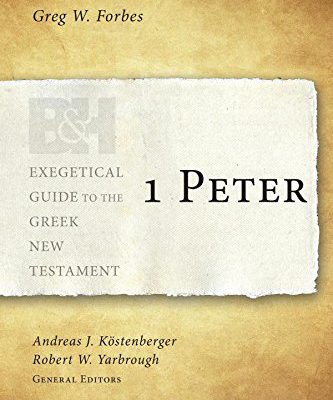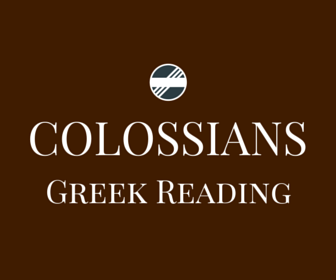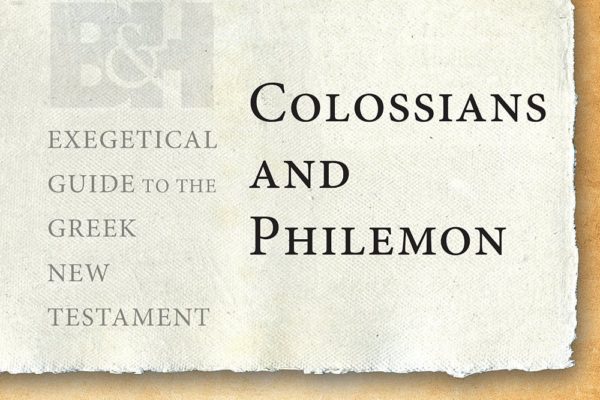Winners of the $500 Greek Resource Giveaway
Five lucky Greek nerds have won themselves $100 in free Greek resources, including David Black’s Learn to Read New Testament Greek and three of the Exegetical Guide to the Greek New Testament books. All four of these books, which all five winners will receive, are published by B&H Academic and they sponsored the giveaway by offering them for free. Thanks to B&H for their generosity and desire to foster learning of the biblical languages….








